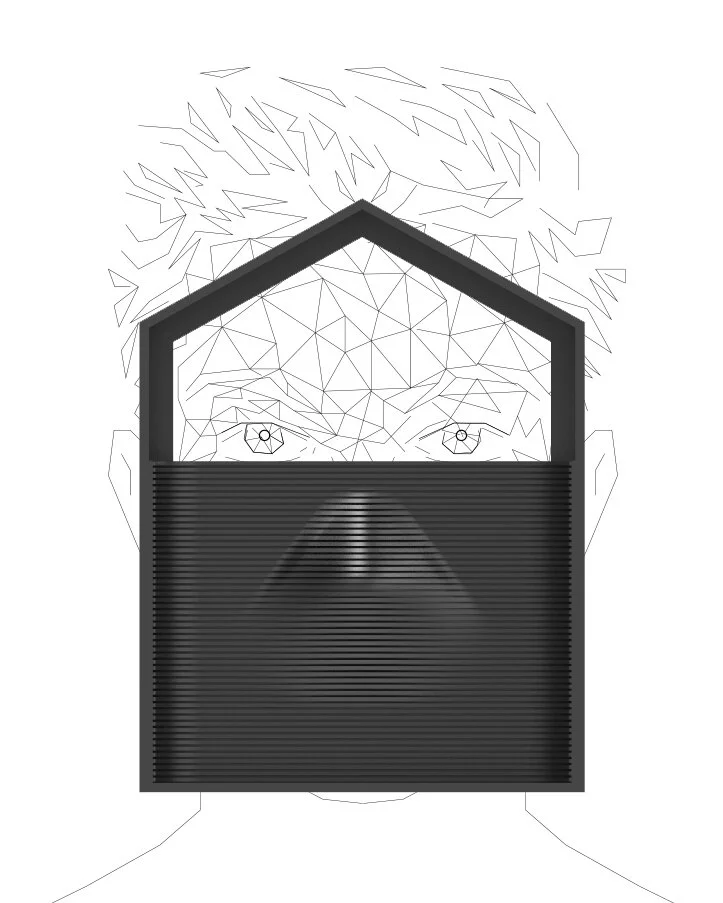REFLECTION BY MICHAËL CHENEAU 4/4
15/07/20
4/4 Metaphysical dimension & civilisations
If the gallery is a value-producing business and generates projects involving regional talent, should we talk about works of art? Does the art object necessarily have to be unattainable and museum-quality?
Our Western culture has paradoxically created dehumanized objects intended to satisfy as many human beings as possible. All these beings with different characters have had to bend their identity to objects that are (almost) identical for all of them. The raw material and its work have become foreign to us, almost bizarre. But what do we retain from a civilisation that leaves behind only a heap of more or less similar objects? The mass becomes invisible, like a backdrop to the appreciation of the unicum, making the hand-made exception resonate with greater depth. Through the art object, an intimate relationship is established between the one who holds it, manipulates it and the one who thought and made it. This symbolic charge embodies the very essence of art and a value dear to the MICA Gallery and the LAB Association. A policy of respect for the earth and for plant and animal diversity is not at all foreign to our profession. By choosing regional raw materials and promoting renewable resources, our creations naturally lead to respect for human beings: the craftsman's work takes into account the uniqueness of the materials he works with. By offering the craftsman an environment rich in local and therefore qualitative raw materials, we restore value to his work and knowledge. Taking care of its resources also means taking care of its society.
The vocation of an art gallery is, in my opinion, to restore that spiritual value that all cultures have attached to materials and the art of shaping them. The symbolic charge infused into the work of matter by human hand, the capacity of the mind to materialize its thought in the form of an object must find a central place in the way we choose our objects. This is not a philosophical pretension that we too often associate with art galleries, but rather an attention to universal emotions.
Before acquiring an object, beyond a necessary need, perhaps we should be more attentive to its encounter. Choose an object as you would choose a friend: "Because it was him, because it was me. »
Michaël CHÉNEAU

